Supermax Prisons and Guantanamo: Worse Than the Gulag?

NEWS JUNKIE POST
Oct 4, 2013 at 10:05 pmSaturday October 5, 2013 marks a full year in United States custody for Talha Ahsan, Babar Ahmad and three other British residents extradited from the United Kingdom to the US. Nobody in the UK knows specifically why they are being held in the US, except that the charges relate, in Talha and Babar’s cases, to creating or looking at websites. Mr. Ahsan is a translator and prize-winning poet. As well as having won a coveted Koestler Award, he has produced a further two volumes of poetry during his incarceration without trial, totaling more than seven years. He is currently in solitary confinement at the Northern Correctional Institution: a Supermax prison in the state of Connecticut.
The persecution of intellectuals and poets is nothing new. They were among many of those sent to Russia’s gulags, especially in the early days of Soviet rule, although they were harmless except for having a different viewpoint from that of the government. Most of them could use words effectively and were thus seen to be dangerous.
If, for example, during strip searches in the Russian prison camps, any banned book was found, the sentences were doubled. This was true for the work of Sergei Yesenin, which was banned during the Stalin years, although it contained such innocuous images as snow hammering down the roof of his country shack with white nails. Yesenin was perhaps the most popular poet in Russia before and in the early years of the Russian Revolution. He is thought to have committed suicide in a Leningrad hotel in 1925 (unless the Cheka did it).
Another of Russia’s top poets of the Silver Age, Osip Mandelstam, whose work might be considered more intellectual than that of Yesenin, was sent to a gulag. After his release, he was arrested again and on his exile back to a camp he died of a heart attack. He was under 50 years old. Life in the gulags was exceedingly hard. These forced labor camps were often in extreme permafrost areas like Siberia. Food rations were scarce. Many died of starvation. Punishment was harsh, often fatal, and hardly any prisoner ever escaped. These were soulless places, except for one saving aspect: those sent there had the company of other internees and the opportunity for human interaction.
Prisons and prison camps have existed since man first started to dominate his fellow man. Russia’s gulags had been inherited from the Tsars. Fyodor Dostoyevsky five-year internment in Omsk for his socialist views led to one of his first and finest works, House of the Dead (1860), in which he described his harrowing experiences. In the 21st century, prisons have taken a sharp turn downhill, especially in the US. According to former Guantanamo Bay Detention Camp internee Moazzam Begg, the United States’ supermax prisons might be worse than the Guantanamo. Supermax prisons, according to John Pilger, bring more than 90 percent of prisoners to plead guilty whether or not they have committed a crime. Confessions extracted by torture can never be considered valid, but the US seems to have abandoned the laws of habeas corpus, at least for Muslims.
Talha Ahsan also has Asberger Syndrome. What kind of a government holds a model prisoner in solitary confinement while he suffers from Asberger Syndrome? That in itself is a disgrace of which both the UK and US ought to be ashamed. The US and its sycophantic partner in the special relationship no longer believe in justice. As with the internees at Guantanamo, the men in the Supermax prison were delivered to the US by Home Secretary Theresa May, whose hatred of Muslims, and subservience to the US is as legendary as Jason and the Argonauts. There is nothing, it seems, she would not do to eradicate this “sceptred isle” of any and all Muslims. She purports to be a Christian.
The US is a law unto itself. It is not a signatory to the International Criminal Court (ICC), presumably so it can continue to flout international law, and it hopes to do so with impunity. The UK, under the Conservatives, is trying to follow that same lead by promising in its next term to extricate itself from the European Court of Human Rights. Only the electorate can tell Mr. David Cameron whether this is justice or not. Every UK voter should ask if we want a country where a man can be held in solitary confinement for 42 years for a crime he did not commit, then only released because he is dying of cancer.
Talha Ahsan’s case should have been heard by now, but it has been deferred. Like those sent to Guantanamo, he is being tortured into a confession. In Supermax prisons, pre-trial prisoners, like Talha Ahsan, are held there in solitary confinement 23 hours a day, every day. This lack of human interaction, the very thing that kept up the spirits of those in the gulags, is what makes Supermax prisons torture chambers that are perhaps worse, in certain respects, than Guantanamo.
The UK Foreign Office has declined up to now to answer a number of questions I have asked about the treatment of Talha Ahsan. I raised a Freedom of Information request in June, and they should have responded within 20 days. One foreign office official has assured me that Talha is getting the same rights that any other UK citizen would get. I accept that. The Home Office is the irresponsible department in this case, for sending Talha and Babar in the first place to the US.
Saturday marks a year in the US torture chamber for Talha and Babar. A contingent of concerned UK citizens, who believe that there was once a day when British justice could be seen to be done, will assemble in front of Big Ben. We will be campaigning to bring Talha Ahsan back home.
Editor’s Note: Photograph one by Lucky Cat. Photographs three, six, and eight by BBC World Service. Photograph four by Justin Goh and photograph five by Doug Clow.
Related Articles
- January 24, 2014 Free Shaker Aamer from Gitmo: An Open Letter to British PM David Cameron
- March 14, 2013 Big Sister Theresa May and the Rise of Anti-Islam in the UK
- November 26, 2012 Bradley Manning: Political Prisoner for Truth
- May 3, 2013 Is Hatred of Islam the UK Home Secretary’s Religion?
- July 1, 2014 Birmingham Citizens Fight Islamophobia: Hatred Is Not a ‘Core British Value’
- February 4, 2013 In Guantanamo, War on Human Rights Passes for War on Terror

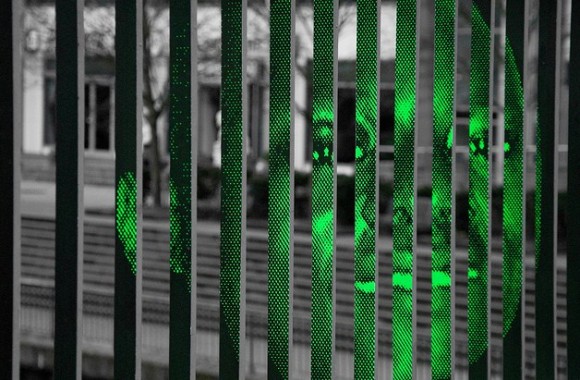

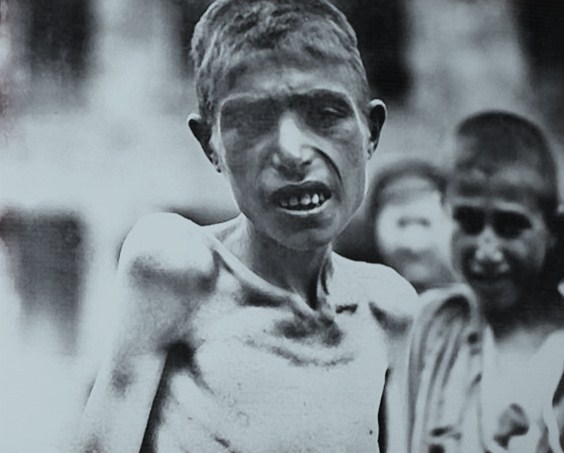

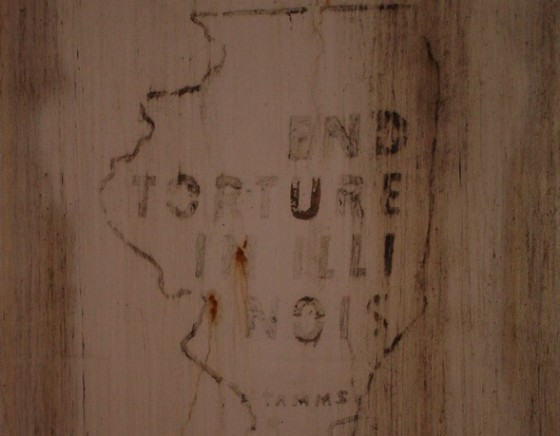

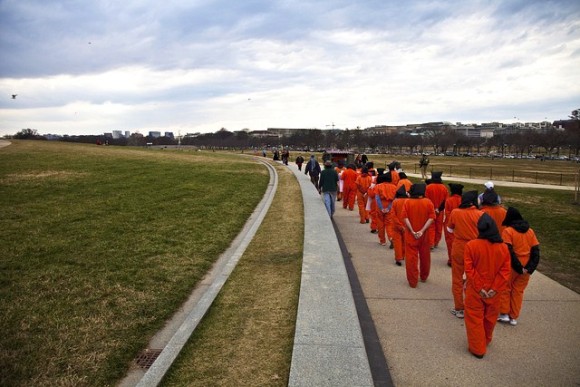
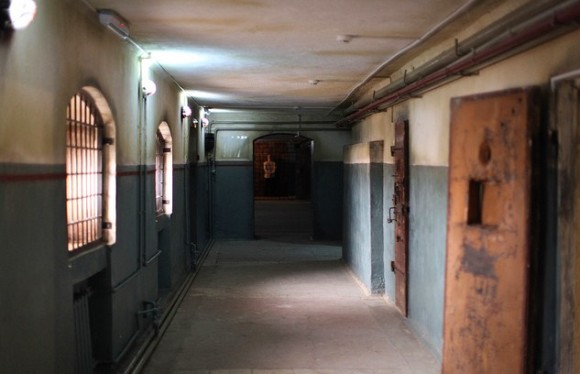











You must be logged in to post a comment Login